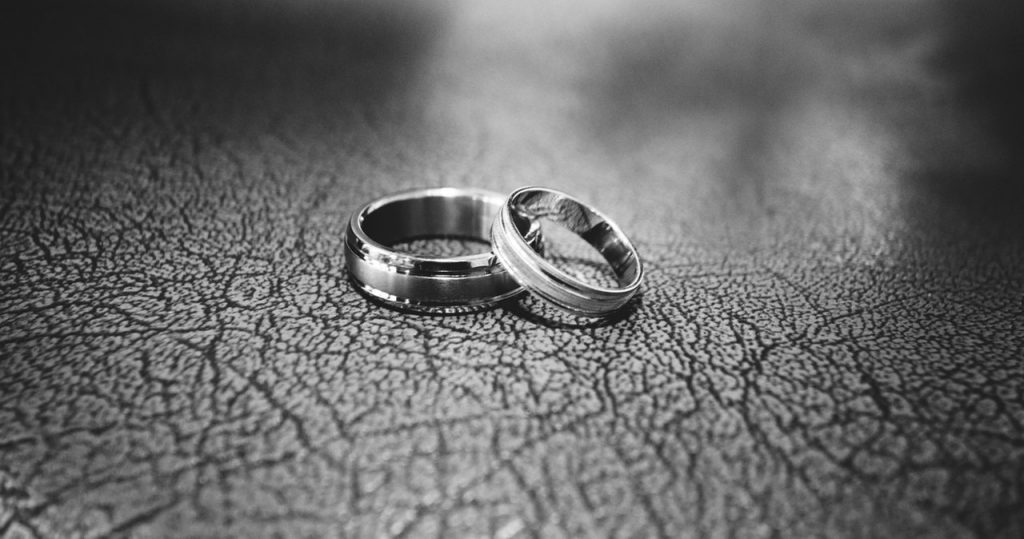Australia’s first same-sex weddings took place in December, just days after marriage equality was officially written into law.
It was a significant occasion in more ways than one, also marking the beginning of a glittering economic boost.
The forecast represents direct spending on weddings only. It doesn’t take into account the additional flow-on benefits from wedding guest expenditure, honeymoon travel, heightened business confidence or greater financial security for same-sex couples.
That means there’s an even bigger pot of gold waiting at the end of the rainbow, and businesses across a broad range of sectors could be sharing in it.
If they choose to.
There was a lot of talk about the rights and religious freedoms of florists and bakers during the Australian Marriage Law Postal Survey. Although there are no formal exemptions in place, businesses can of course choose not to market themselves directly toward the LGBT+ community.
But those that proudly wave the rainbow flag are primed to dip into Australia’s fast growing and cashed up ‘pink economy’.
The reported number of same sex couples has more than quadrupled since their relationships were first recognised by the Census in 1996. The Australian Bureau of Statistics concluded the rise was reflective in part of a greater willingness to identify as LGBT+. And we are likely to see these numbers, and the resulting economic benefits, rise even further in years to come with the greater visibility and social acceptance of same sex relationships resulting from marriage equality.
But before you rush out to glitter-bomb your business and hang rainbows from the rafters, first ask yourself why you’re doing it.
For rainbow branding to work, it has to be a genuine reflection of the culture and values at the core of the organisation.
If it’s anything but, it won’t take long for the cracks to show.
The AFL divided the football community when it installed a YES logo outside its Melbourne headquarters at the height of postal survey tensions in September, only to remove it the next day. The removal of the sign followed public criticism and a hoax threat that evacuated AFL House, but the AFL claimed the sign was only ever intended to be on display for 24 hours. Marriage equality supporters condemned the apparent backflip, with both sides of the debate agreeing it had done more damage than good.
These examples demonstrate the power of not only the LGBT+ economy, but the influence of consumer activism and the importance for businesses to adopt a solid and unwavering position on issues of public significance.
There are many shining examples of brands and corporate heavyweights that have become outspoken supporters for marriage equality. Some arguably using their influence to affect change.
Qantas CEO Alan Joyce personally donated $1-million to the ‘Yes’ campaign. Despite fierce condemnation including a man thrusting a lemon meringue pie in his face in protest of same sex marriage, Joyce remained a vocal advocate for marriage equality throughout the debate while defending the role of CEO’s to show leadership on social issues.
At a local level, small businesses signed petitions and plastered their shopfronts in rainbow flags.
And now with the fight for equality won on a 61.6 percent majority yes vote, preparations are well underway for quite possibly the biggest rainbow party Australia has ever seen, with the 40th Annual Sydney Gay and Lesbian Mardi Gras just weeks away.
The Mardi Gras is one of the most colourful jewels in the crown of Australia’s LGBT+ tourism drawcards, and just another reason Australia is now poised to rival New Zealand as the top dream wedding destination for same sex couples from all over the world.
With no need to cross the ditch just to walk down the aisle, it will be interesting to see how much of the international LGBT+ market chooses to tie the knot, and buy their toasters and cutlery sets, in the land down under.
Maybe money can’t buy you love. But $650-million will certainly pay for some lavish weddings, somewhere over the rainbow.


0 comments on “Why Marriage Equality Means More Money for Your Business”